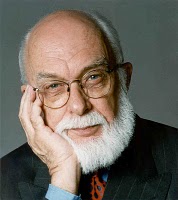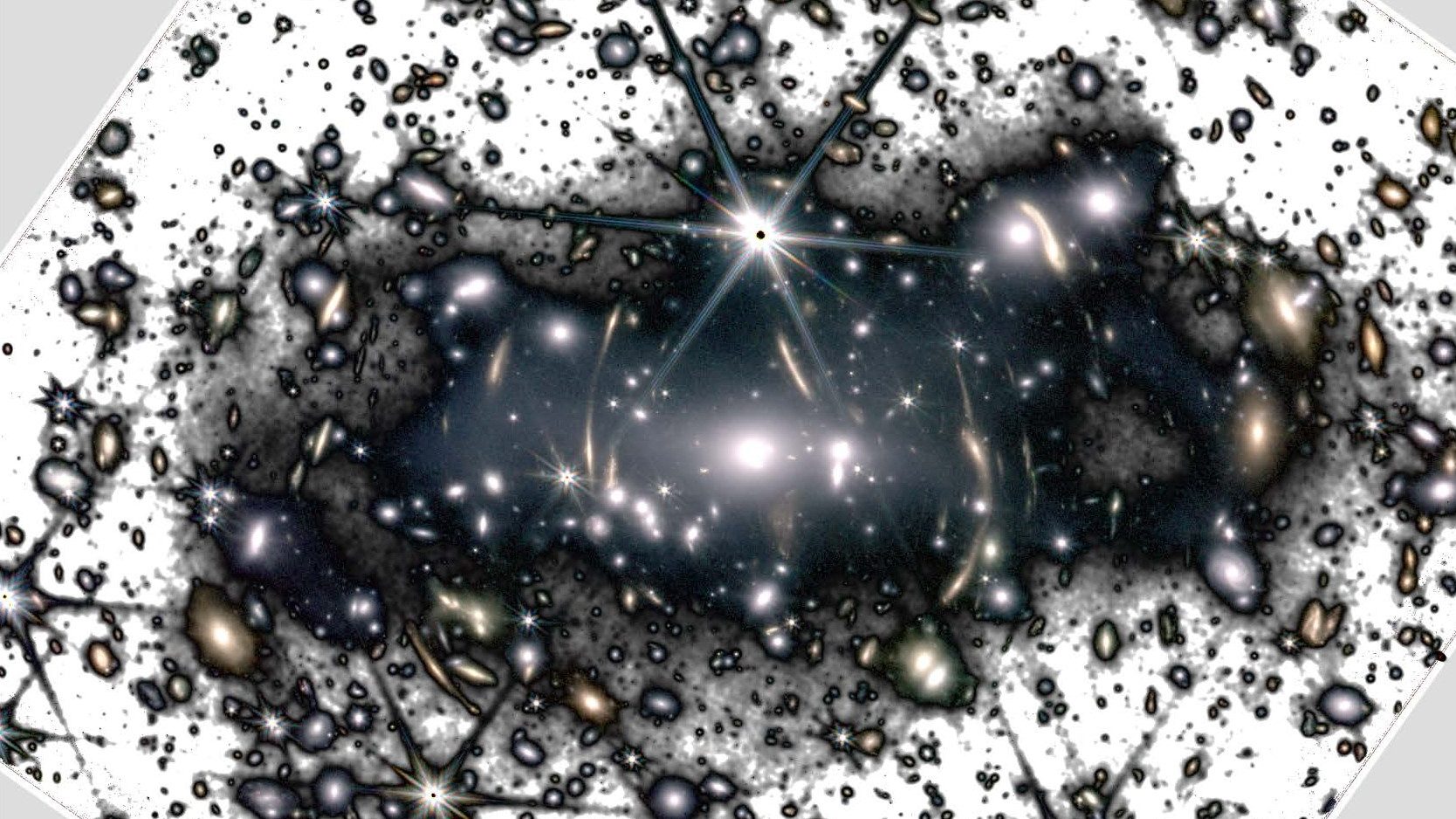Skeptic and Magician James Randi Escapes the Closet at Age 81

Skeptic and magician James Randi has pulled off yet another daring escape. The famous debunker of scam psychics has emerged from the closet at the age of 81. Randi made the big announcement on his blog last Sunday. After all these years, Sean Penn’s biopic Milk inspired him to finally go public.
“I’m prepared to receive the inevitable barrage of jeers and insults from the “grubbies” out there who will jump to their keyboards in glee to notify others of their kind about this statement, which to them will be yet further proof of the perfidy of the rationalist mode of life that I have chosen,” Randi wrote, “Those titters of joy will be unheard over the murmur of acceptance that I confidently expect from my friends.”
Randi got more than murmurs of acceptance from his many friends and supporters in the skeptics’ movement. The news was greeted warmly by major pro-science blogs including Boing Boing, Will Wheaton, Dispatches from the Culture Wars, and Discover Magazine‘s Bad Astronomy.
Randi’s post burned up Twitter, sparking a groundswell of support and enthusiasm:
- Wow. To Mr. James Randi, my hero: of course I support you. That’s one thing, at least, you never need doubt — katsushiro
- James Randi has just proven once again why he is and always will be Amazing–LijitThePenguin
- James Randi has come out of the closet at 81, and continues to be astonishing, revolutionary, and fucking classy —hexachordal
- James Randi, um dos meus heróis, saiu do armário. Eu pensei: “whoa!”–Myke_Greywolf
Randi elaborated on his decision and his views on gay rights in an interview with D.J. Grothe on For Good Reason, the podcast James Randi Educational Foundation. Randi said he knew he was gay from childhood. He never felt ashamed, but in the pre-gay rights era, coming out wasn’t an option. Being open about his orientation would have hurt his family and his career as a magician and radio broadcaster. “I never made an issue of it,” Randi said, “I couldn’t afford to.” Even so, he never pretended to be straight: “There was no protective coloration, I’ve never adopted that in any way.”
Randi’s coming out story reflects the era he grew up in. He’s clearly ambivalent about whether it matters, or should matter. He said he didn’t come out earlier because it didn’t really matter. Everyone who mattered sort of knew anyway and seemed to be fine with it. Yet he ultimately decided that not coming out would be a kind of “dishonesty by omission.” For Randi, coming out seems less like a political statement and more a gesture of personal integrity. As he nears the end of his life, a very public figure wants to be open about who he is.
There was an odd moment in the interview when Randi stressed that he grew his trademark bushy beard to add to his cachet as a magician. It wasn’t to cultivate a macho image, he said. “I managed that without the beard,” he added mischievously. That goes without saying. When you’ve escaped from a straightjacket suspended over Niagra Falls, like Randi has, you’ve got nothing to prove.
Randi said he supports gay marriage. He even hinted that he would be interested in marrying his longtime partner if same-sex marriage were legal in his home state of Florida.
Grothe asked Randi if he saw any connection between skepticism and gay rights. Grothe, who has been openly gay since he was 14, noted that cultural conservatives often use pseudoscience to justify discrimination. Randi agreed that enemies of pseudoscience could play a role in debunking these myths. “Maybe we should put a bit of emphasis on it, eventually, when the occasion calls for it,” he said.




